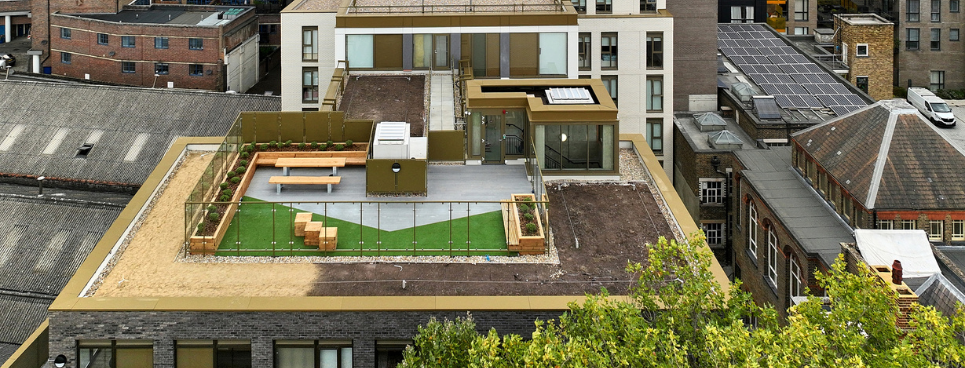News flash! Host Shortlisted for Three Prestigious GSL (Global Student Living) Awards 2025 and Retains Platinum Operator Certification
ROOMS SELLING FAST Find your new home for September

Following on from Earth Hour, this week (March 31 – April 7) is International Dark Sky Week, a week to celebrate the wonder of the night sky without the effects of light pollution.
The week organised by International Dark-Sky Association. The association lead the way globally in the mission to preserve the night. Since 2003 the week has grown to become a worldwide event and a key component of Global Astronomy Month.
International Dark Sky Week isn’t just about seeing the stars at night. The week aims to draw attention to the widespread environmental impacts of light pollution. And promotes simple solutions to solve it.

Most people are aware of air, water and land pollution, but light is just as pollutant. Light pollution is the inappropriate or excessive use of artificial light, which can have a serious environmental impact for humans, wildlife and our climate.
The night-time environment is a vital natural resource for all life on Earth, but the glow of uncontrolled outdoor lighting has hidden the stars, radically changing the night-time environment. Artificial light not only blocks people in urban areas from seeing the stars, but it also harms the environment and our health.
The IDA lists the 5 ways in which light pollution hurts the planet:
It devastates wildlife. – Plants and animals depend on the earth’s daylight and dark cycle to sustain behaviours.
It may harm your health. – Studies have suggested that artificial light at night can have a negative effect on human health with an increased risk of obesity, sleep disorders, depression and more.
It can make you less safe. – The IDA says that there is no clear scientific evidence that increased outdoor lighting deters crime, more so, poor outdoor lighting can decrease personal safety by making property and possible victims more visible to criminals.
It wastes energy and money. – IDA studies suggest that as much as 50% of outdoor lighting is wasted, which increases greenhouse gas emissions and contributes to clime change.
It can rob us of our heritage. – Our ancestors experience a night sky that inspired science, religion, philosophy, art and literature. Today due to light pollution millions of children worldwide won’t know the wonder of the Milky Way.
– Get together with friends and go outside at night. Loads of us never take the opportunity to experience the night-time environment. Go outside, look up and look around. (Did you know the UK is home to 12 protected night sky places?)
– Help spread the word about light pollution and the importance of dark skies.
– Collect data about the night sky and share it with the Globe at Night programme
– Do your bit to reduce light pollution by only using lights when and where needed, talk to your friends, family and neighbours and spread the word online – #IDSW2019
Find our more about International Dark Sky Week and the IDA. And if you’re living with us at Host, don’t forget, you can also help reduce your energy usage and light pollution by making small changes to your day and support one of our three chosen charities in the process as part of the #HostEnvironmentalPledge.
To become more ‘environmentally friendly’, Host is launching the #HostEnvironmentalPledge campaign to encourage responsible behaviour and drive sustainability across our sites throughout the UK and Ireland.
It’s a simple campaign! For every percent we reduce our overall utilities (electric, water and gas) consumption by we donate to one of our nominated charities.
Show me all newsAs the academic year winds down, many students start packing their bags and heading home for a much-needed break. But what if you stayed in your university town or city instead? Picking up a summer job where you study can be a game-changer - not just for your bank balance, but also for your personal growth and career prospects. Here's why staying local this summer might be one of your smartest moves yet, along with practical tips to make the most of it.
Choosing where to live during your studies in London is about more than just finding a place to sleep - it’s about finding a supportive, safe, and enriching environment that enhances your university experience. Here's why thousands of students choose Host as their student accommodation provider in London every year.



